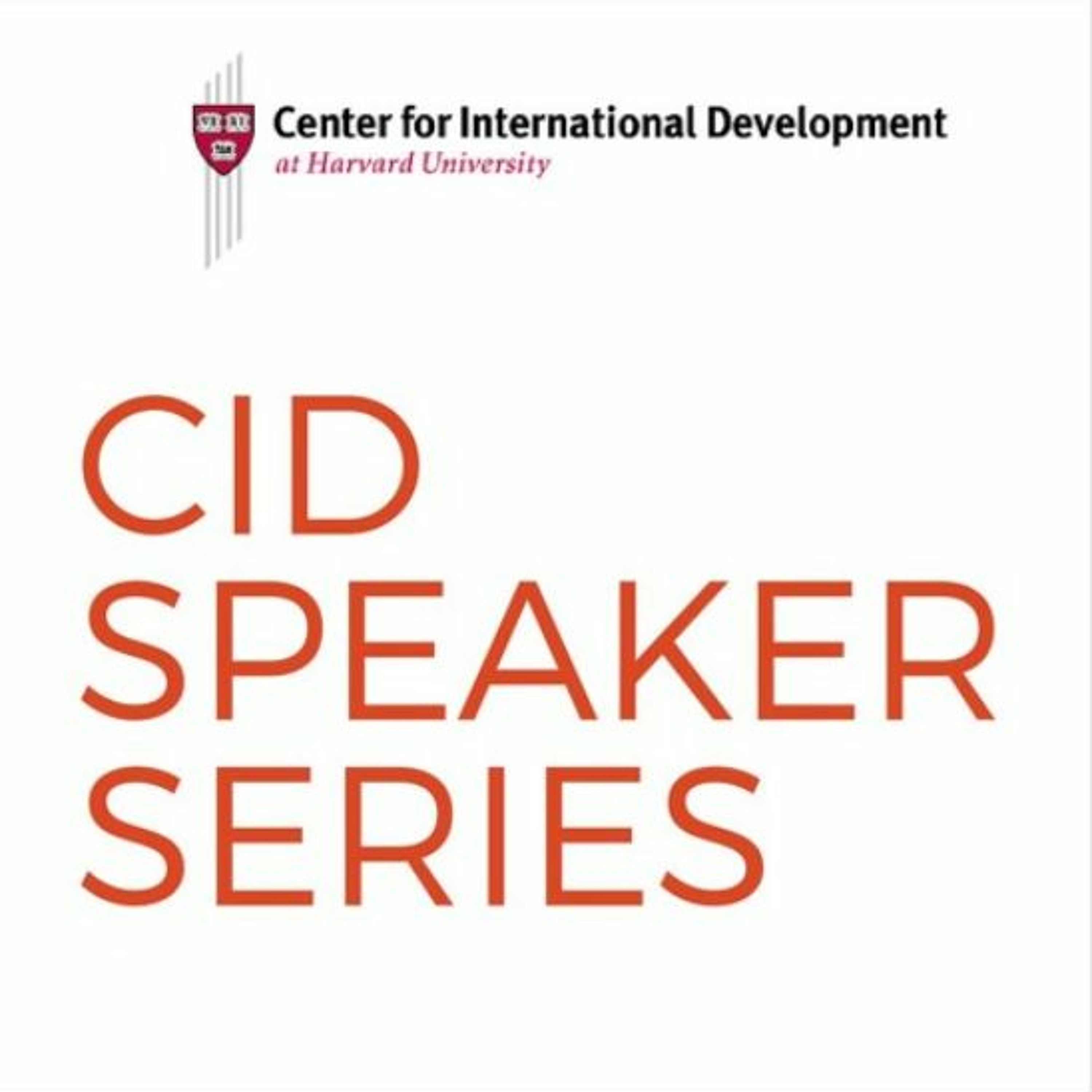Preventing Violence in Developing (and Developed) Countries

b'Following the brutal rape and murder of a young woman in Delhi in 2012, filmmaker Leslee Udwin traveled to India to examine the situation and attempt to understand what led to such a violent attack. She released her documentary \\u201cIndia\\u2019s Daughter\\u201d in 2015, and subsequently founded ThinkEqual, a non-profit organization with the mission to educate young children in social emotional learning to reduce violence throughout the world. \\n\\nToday on CID\\u2019s Speaker Series podcast, Abeela Latif, student at the Harvard Graduate School of Educaton, interviews Leslee Udwin, who discusses the difficult journey of making the film and how this experience inspired her to begin the ThinkEqual global education initiative. \\n\\n--\\n\\nAbout Leslee Udwin: Leslee was voted by the NY Times the No 2 Most Impactful Woman of 2015 (second to Hillary Clinton), and has been awarded the prestigious Swedish Anna Lindh Human Rights Prize (previously won by Madeleine Albright). She has also been named Safe\\u2019s Global Hero of 2015, Global Thinker by Foreign Policy. A BAFTA and multi-award winning filmmaker and Human Rights Campaigner, Leslee\\u2019s documentary \\u201cIndia\\u2019s Daughter\\u201d, has been critically acclaimed around the globe, won 32 awards (including the Peabody Award and the Amnesty International Media Award for Best Documentary 2016) and sparked a global movement to end violence against women and girls. The searing insights yielded by the 2\\xbd journey making \\u201cIndia\\u2019s Daughter\\u201d, led Leslee to found UK-and-US-based Not for Profit global education initiative \\u201cThink Equal\\u201d.\\n\\nTo get involved with ThinkEqual, please contact leslee.udwin@thinkequal.org. \\nInterview recorded on February 15, 2019.\\n\\nView the transcript for this episode here: https://www.hks.harvard.edu/sites/default/files/centers/cid/files/Transcripts/Transcript-Preventing%20Violence.pdf'